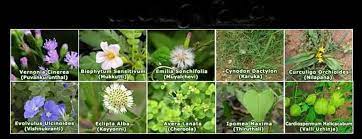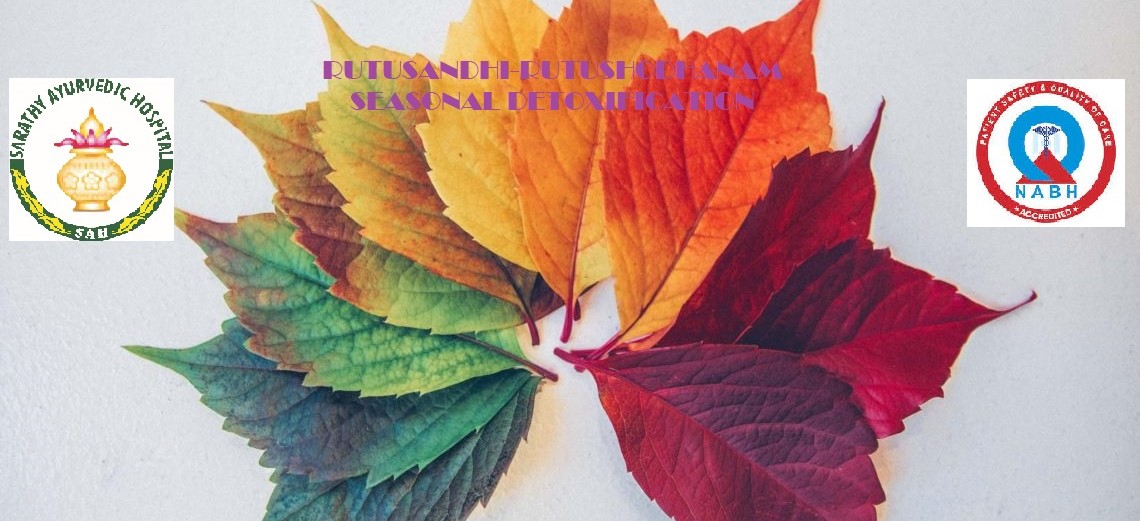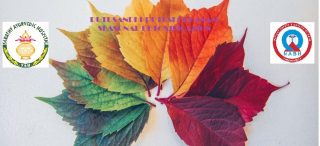What is monsoon?
Kerala is a tropical landscape with a humid summer of 4 months, a mild winter spanning between mid-November to mid-January, and an intensive two-phased rainy season of six months between Mid-May to Mid-November. Intermittent short spells in April and May happen as summer showers. South-west monsoon the primary rainy season of the Indian sub-continent enters India around the first week from the southern tip of Kerala and ascends upwards throughout the western and eastern coasts, Deccan Plateau, and beyond. Monsoon stays on till the end of August from when Retreat Monsoon rains propelled by the north-eastern winds take on and last until mid-November. Kerala in Ayurveda is based and is aligned to these climatic changes, of which the south-west monsoon is important, especially in its later part when the sun transition to Dakshinayana, the shift from the harsh winter solstice to the mild summer solstice and is known as Karkitakam locally. Rainy season peaks between June, July, and August. On the 17th of July, in the middle of the season, the Sun changes are known as Karkaataka Sankranthi and are heralded as the start of a month-long traditional ritualistic lifestyle of detoxification and rejuvenation of the body, mind, and soul. Ayurveda treatments, special diets, religious ceremonies, prayers, and self-care regimens are part of the Kerala monsoon lifestyle. This helps the person and society to gear up for the future and stay healthy
Global warming, climatic changes, and the related sequel has brought in drastic changes in the rain pattern. The fragile ecosystem has paved the way for rain-related floods and landslide calamities. A return to nature is the solution ahead for humankind and re-inventing the Karkitakam lifestyle is a major milestone in this regard
What are monsoon herbs?
Summer showers drench the parched earth and provide the signal for the dormant seeds of the tropical meadows to soak, germinate, break the earth and sprout out with life. These herbs are nurtured with the start of monsoons and by mid-July when Karkitakam starts these herbs create bio-diverse green tropical flowering meadows in every available space. These succulent herbs are resilient and hence withstand the rains and winds. Indigenous Ayurveda wisdom of Kerala ancestors has researched and identified ten herbs among them to be used as medicines to detoxify each organ system in the human body
These assorted 10 herbs are named Dashapushpam, translated as flowers. The name goes so, as the herbs are harvested at the flowering stage using the flowers are the distinguished identifying factor, though small or inconspicuous. The inflorescence of these herbs with the terminal leaves is used by ladies to adorn the hair during the month. A scientific analysis of each of these herbs gives a picture of their importance in healthcare
What are the benefits of using and growing Dashapushpam?
Monsoon is the season of heavy rains, communicable diseases, and infectious viral fevers, the numbers and spread is increasing with each passing year. Environmental detoxification is important while individual detoxification is more important. Dashapushpam if used internally as food, in homes to place and to smoke, in gardens to landscape, and on fields and roadsides as meadows can create a shield of anti-toxicity and immunity between the germs, their vectors, and the community. Each of these herbs has distinct medicinal properties. These are







